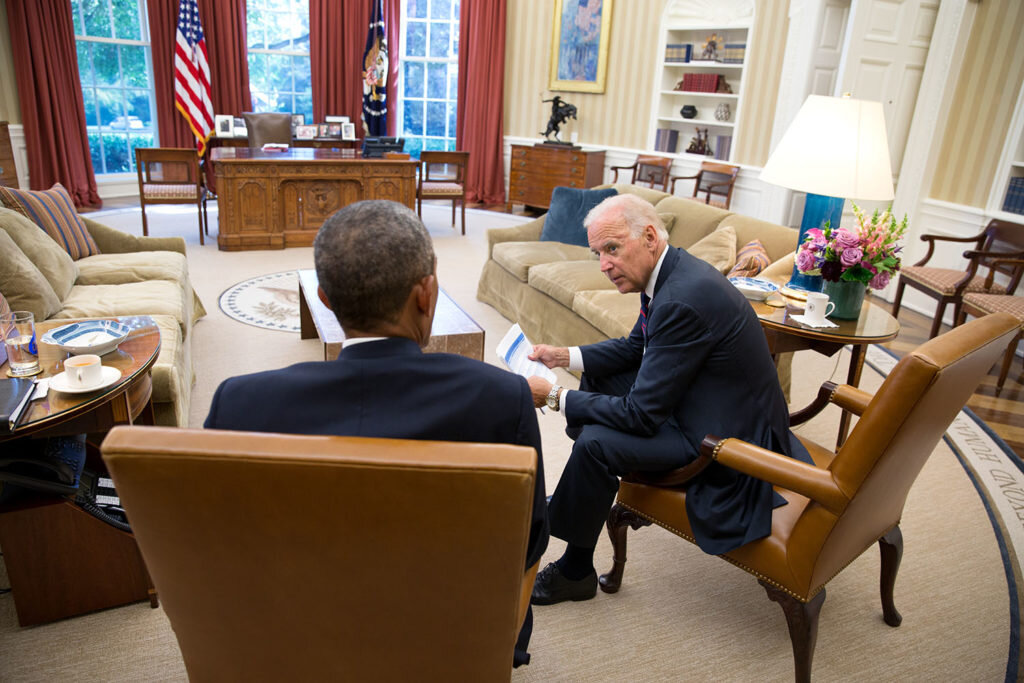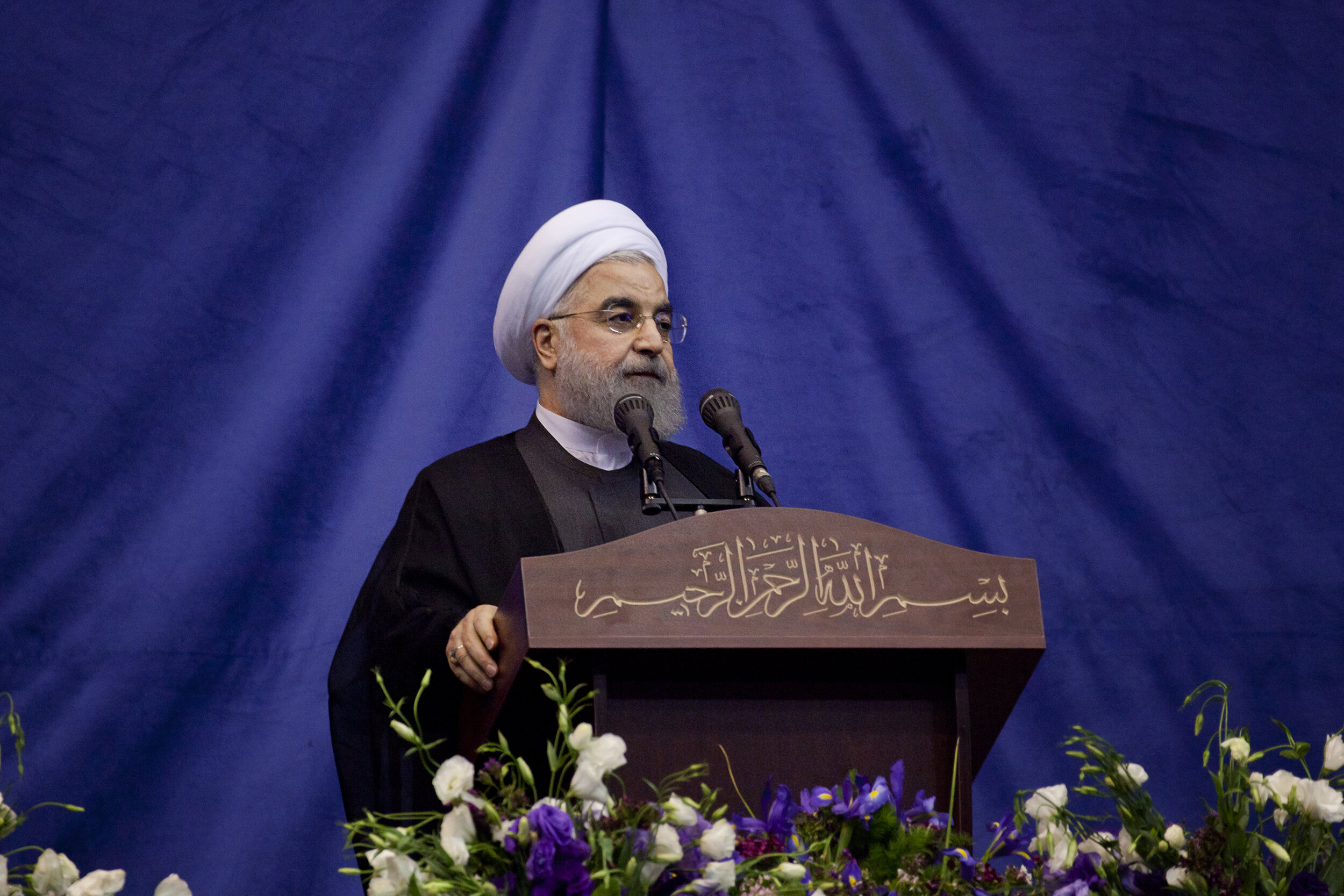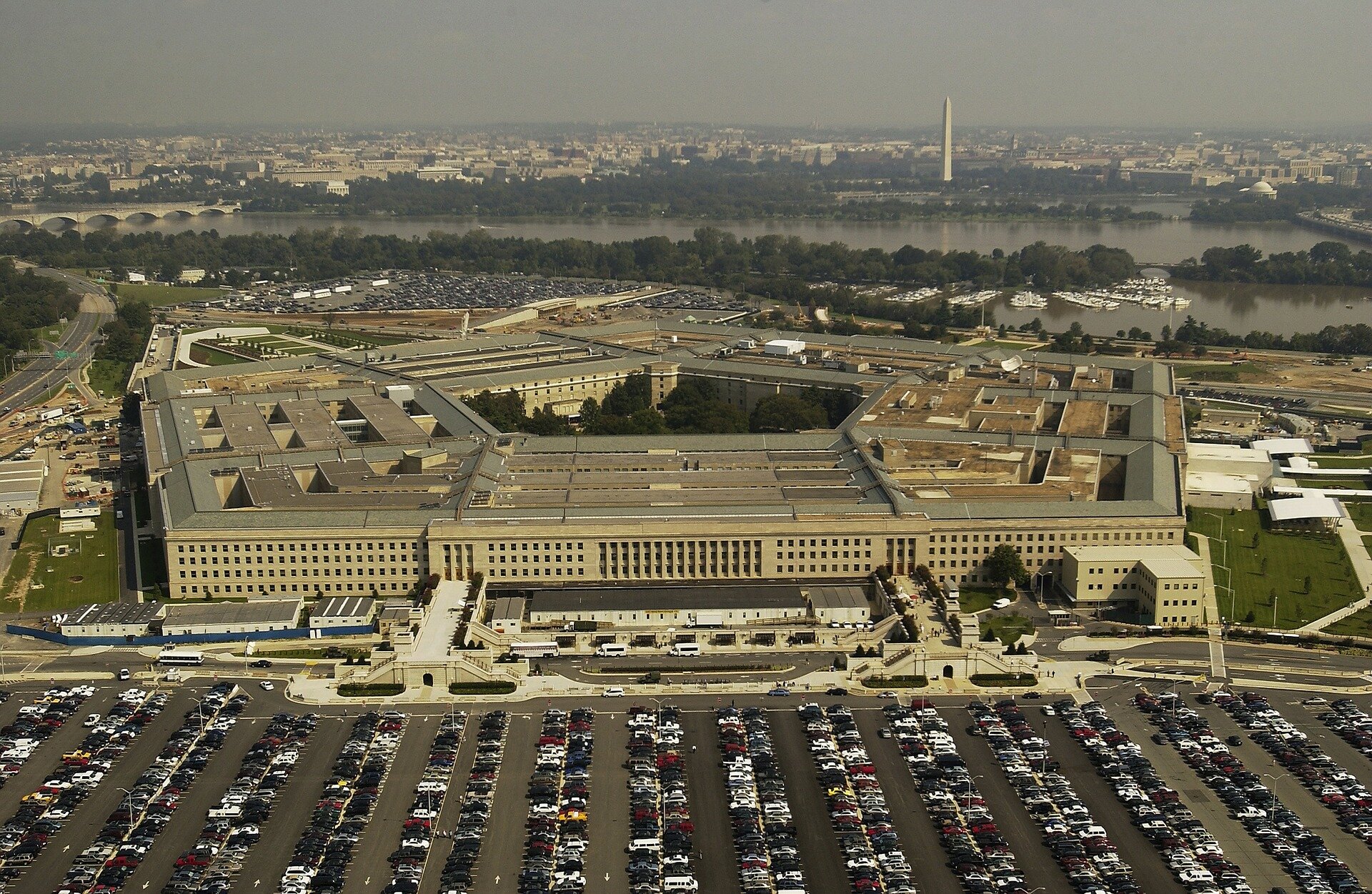TEHRAN, Iran. November 7th, 2020. Holding a metaphorical finger to the wind, Iranian President Hassan Rouhani has called on the “next U.S. administration,” to rejoin the 2015 nuclear agreement his regime signed with former-President Obama, and to remove the “maximum pressure campaign” that has characterized the Trump policy towards the Middle-Eastern Shiite nation.
After withdrawing from the JCPOA, also known as the Iran Nuclear Deal, in 2018, the Trump Administration unilaterally imposed sanctions under an ever-changing panoply of designations until the entire financial and oil sectors of Iran were blocked from international exchange under bully-tape.
“Our country’s decision has always been clear and our nation will continue its resistance and patience under any circumstances until the other side bows down to law,” said Rouhani, noting the Iranian people’s admirable resistance. “We hope that the experience of these three years has been a lesson to them that will make the next US administration follow the law and return to all its commitments”.
With major news networks projecting Biden as the next president, who was of course Obama’s vice-president when the JCPOA was signed, President Rouhani looks to be trying to start negotiations with a notoriously hawkish democrat in Biden ahead of time.
Biden’s infamous support for Israeli military actions considered illegal under international law would normally mean he puts himself at odds with Iran, but the president-elect has already promised to return to the JCPOA and ease sanctions tension in an effort to bring them in from the cold.
PICTURED: Hassan Rouhani, President of Iran.
Uncompromising
Ali Rabiei, the Iranian government spokesman said that the Supreme Leader Ayatollah Khamenei and his cabinet officials are in agreement that Iran’s policy decisions will not be affected by who sits in the Oval Office, however they hope a new administration would offer a more sensible policy towards Iran.
If the unilateral coercive measures of sanctions imposed by Trump, “who tried to associate his war on the JCPOA with Iranians’ livelihoods, health and welfare,” said Rabiei, were lifted and the country of it’s drafting would return to the JCPOA, Iran would scale-down her escalation of uranium enrichment immediately.
Iran has slowly began increasing uranium enrichment since 2018 after America withdrew from the JCPOA, but would return to the limits agreed to in the deal if it were paired with sanctions relief and compensation for economic damages under Trump.
If Biden agreed with Obama at the time of its signing, then returning to the JCPOA would represent an immediate victory for some amongst his base, as well as those anti-war voters who backed Trump to scale down America’s mid-east involvement in 2016.
“I will offer Tehran a credible path back to diplomacy. If Iran returns to strict compliance with the nuclear deal, the United States would rejoin the agreement as a starting point for follow-on negotiations,” Biden wrote in an op-ed for CNN in September. However Democratic supporters in Congress have said that a new “JCPOA-Plus” would be needed to receive their support; particularly from the Zionist House and Senate Foreign Relations/Affairs Committees.
Palestinian activists consider it a long shot though, with Biden describing himself as a “Zionist,” and Israel opposing the JCPOA when it was made. Future cabinet position appointments will reveal more of how Biden wants his foreign policy to be.
Continue exploring this topic — New Uranium Enrichment Facility Being Built in Iran: IAEA Says No Weapons Being Produced
Continue exploring this topic — Trump Rushes to Fulfill Foreign Policy Promises Before November Elections




